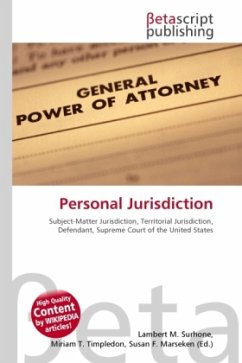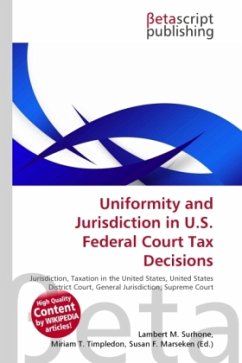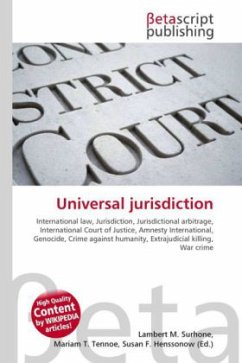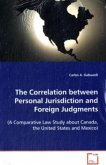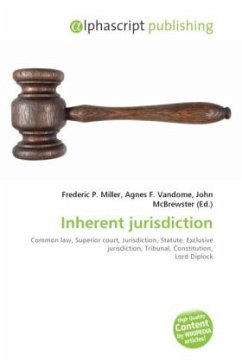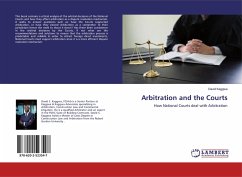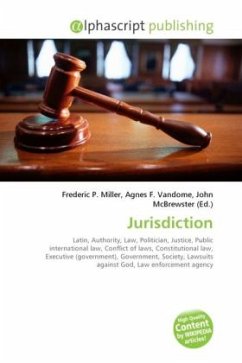High Quality Content by WIKIPEDIA articles! Personal jurisdiction refers to a court's power over a particular defendant (in personam jurisdiction) or an item of property (in rem jurisdiction). If a court does not have personal jurisdiction over a defendant or property, then the court cannot bind the defendant to an obligation or adjudicate any rights over the property. In the American legal system personal jurisdiction is to be distinguished from subject-matter jurisdiction, which is the power of a court to render a judgment concerning a certain subject matter, or territorial jurisdiction, which is the power of a court to render a judgment concerning events that occurred within a territory. Unlike subject-matter jurisdiction, personal jurisdiction may be waived, even unintentionally, by a defendant. Personal jurisdiction, territorial jurisdiction, subject-matter jurisdiction, and proper notice to the defendant are the most fundamental constitutional prerequisites for a valid judgment.
Bitte wählen Sie Ihr Anliegen aus.
Rechnungen
Retourenschein anfordern
Bestellstatus
Storno

